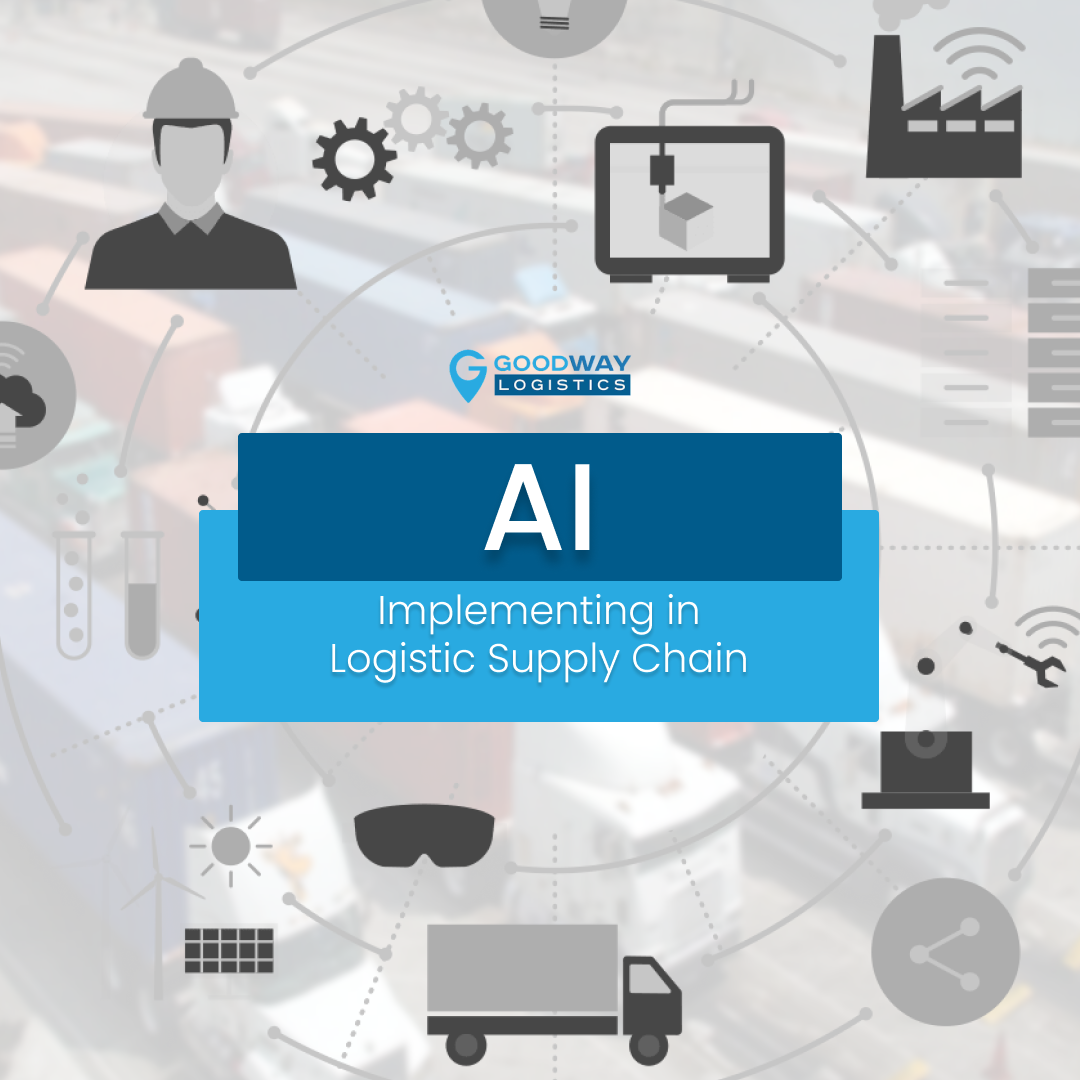The implementation of artificial intelligence (AI) in the logistics supply chain is an important and promising area of development in modern business. AI offers new opportunities for optimizing and automating processes, improving efficiency, and reducing costs in logistics.
One key advantage of implementing AI in logistics is the ability to collect, analyze, and interpret large volumes of data. With AI, information about shipments, inventory levels, consumer demand, transportation routes, and other factors impacting logistics operations can be processed. Analyzing this data enables more accurate and informed decision-making based on objective factors.
One example of AI application in logistics is demand forecasting. Using machine learning techniques, AI can analyze historical data on demand and other factors such as seasonality, marketing campaigns, and economic indicators to forecast future demand for goods. This helps optimize inventory levels and avoid shortages or excesses of goods in warehouses.
Another example of AI implementation in the logistics supply chain is automating the transportation routing process. AI can analyze data on shipments, road conditions, traffic congestion, and other factors to efficiently allocate loads to routes and select the most effective delivery options. This reduces delivery time and costs, improves customer service, and minimizes environmental impact.
AI can also be used to enhance warehouse management operations. AI-based warehouse management systems can automate processes such as receiving, placement, and shipping of goods, optimize the utilization of warehouse space, and increase the efficiency of workforce operations. Additionally, AI can assist in detecting and preventing theft and loss of goods by analyzing data and identifying anomalies in the behavior or movement of goods within the warehouse.
However, the implementation of AI in the logistics supply chain also faces challenges. Ensuring the reliability and security of AI systems is crucial. It is important that AI algorithms and models are reliable and protected from hacking or interference. Additionally, training personnel to work with AI and providing support and maintenance for the system are essential.
In conclusion, implementing artificial intelligence in the logistics supply chain offers numerous advantages and opportunities for process optimization and improvement. Using AI enables more accurate demand forecasting, automated transportation routing, enhanced warehouse management, and cost reduction. However, addressing challenges related to reliability, security, and personnel readiness is essential for successful AI integration in logistics.


